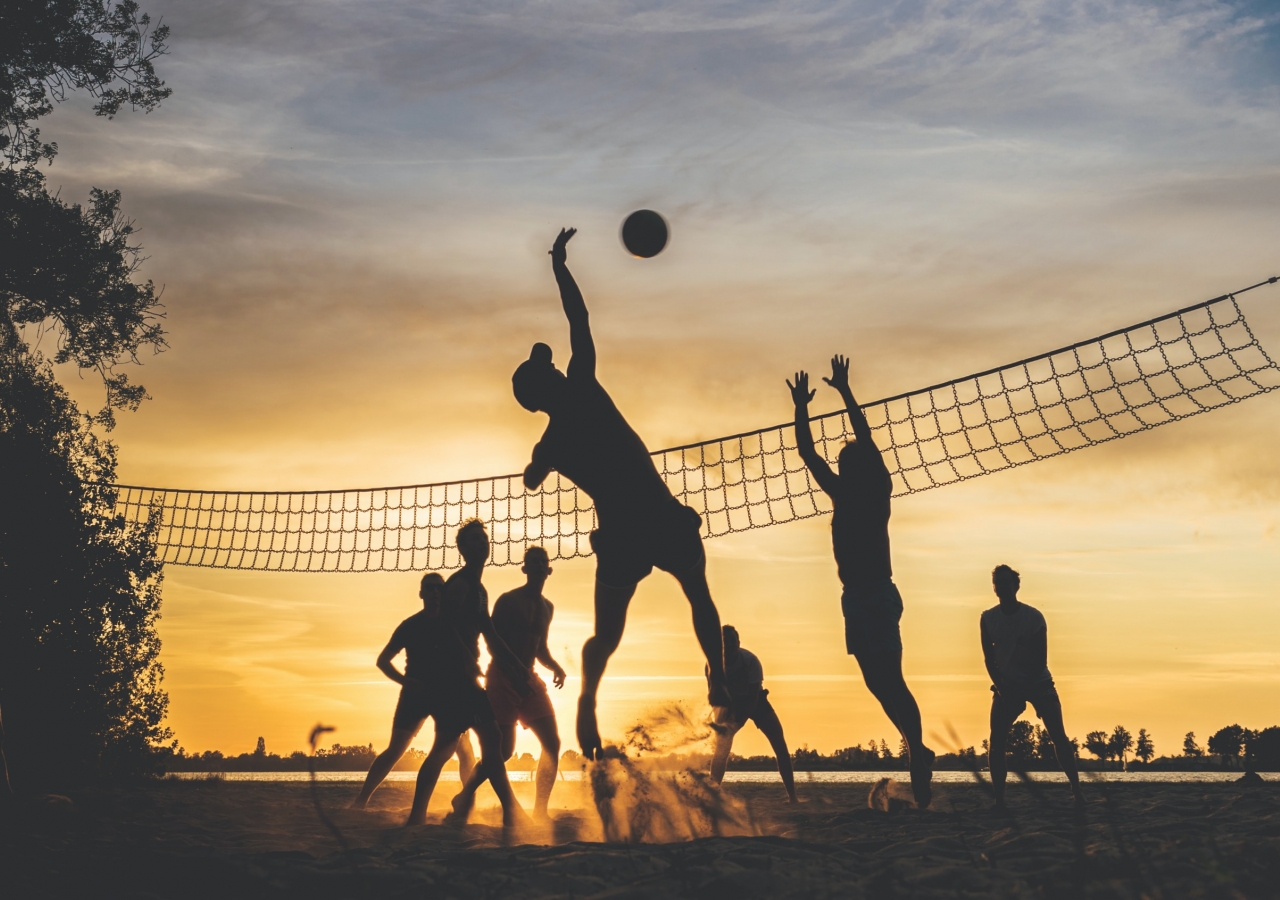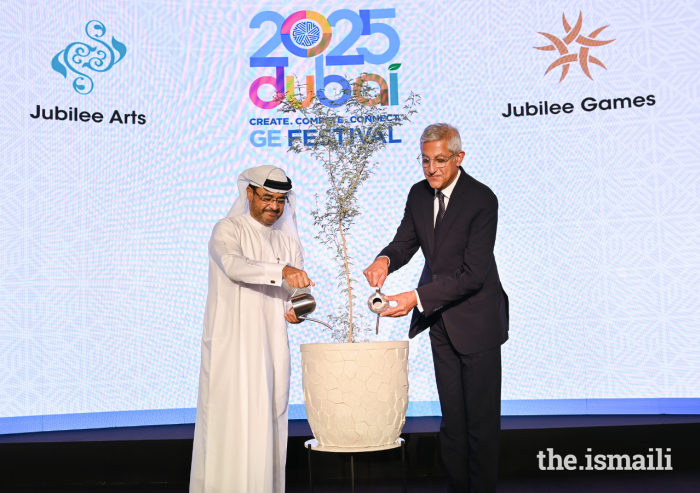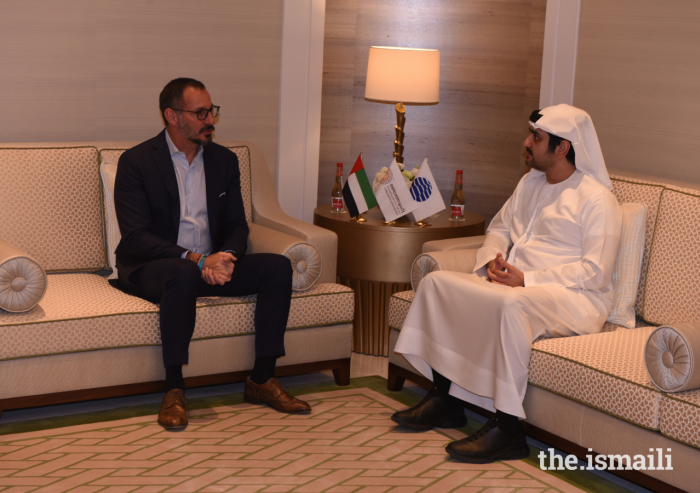Excitement is building as over 2 000 athletes, 2 400 volunteers and 11 000 spectators from around the world have arrived in Dubai for the 2016 Jubilee Games.
Not only will those in attendance enjoy the competition, they will meet each other and spend time getting to know one another.
“One of the central elements of why we’re doing this is the opportunity for the international Jamat to come together around a common goal — building a culture of competitive sports, fitness and good health — and then applying our values of sharing and giving back.” says Chairman of the Ismaili Leaders International Forum, Dr. Mahmoud Eboo.
“The Ismaili Jamat lives in 35 countries and this is an enormous opportunity for the Jamat worldwide to see our own pluralism while engaging, interacting and getting to know one another.”
The Jubilee Games is a legacy of Mawlana Hazar Imam’s Golden Jubilee and will be the first major event building up to the Diamond Jubilee — the commemoration of 60 years of Hazar Imam’s Imamat.
While allowing Ismailis from around the world to meet is one of the overarching goals of the Games, another is to encourage an emphasis on sport within the Jamat.
“There is a value to being able to play sports in a team context,” says Chairman Eboo. “It brings about leadership skills, discipline, good health. It brings a whole number of different features to an individual.”
Chairman Eboo adds that fitness and sport provide the “best opportunity for a long, productive, healthy life.” He explains that while sports have always been supported within the Ismaili community, one main outcome of the 2008 Golden Jubilee Games was a global framework for sports and fitness within the Jamat.
A large group of talented athletes were discovered and recognised at the 2008 Games and many more will be discovered and recognised at the 2016 Games. Once this happens, “we hope they will all engage as mentors, coaches and trainers, inspiring generations of new athletes — not only within the context of institutions such as Aga Khan Academies and Aga Khan Schools, but also within the communities and institutions in their countries of origin.”
The 2008 Golden Jubilee Games — the inaugural world Ismaili Games — provided a number of lessons that are being incorporated this time around. First, to ensure maximum accessibility, Dubai was selected due to its central geography and excellent connectivity, as well as its commitment to promoting excellence in sport.
Second, with the 2008 Games proving the enormous appetite in the Jamat for events that recognise sporting excellence, a more structured approach to national sports tournaments was implemented. Over the past year, each jurisdiction was able to showcase its own talented athletes to allow them to feed into the international programme.
Third, the Games should provide an opportunity for spectators to easily travel to nearby areas, such as Tajikistan, Egypt, India and East Africa, where they can experience a number of Imamat and AKDN projects.
While the Jubilee Games will come and go over the course of the next several days, their impact and legacy will be felt for decades to come.








